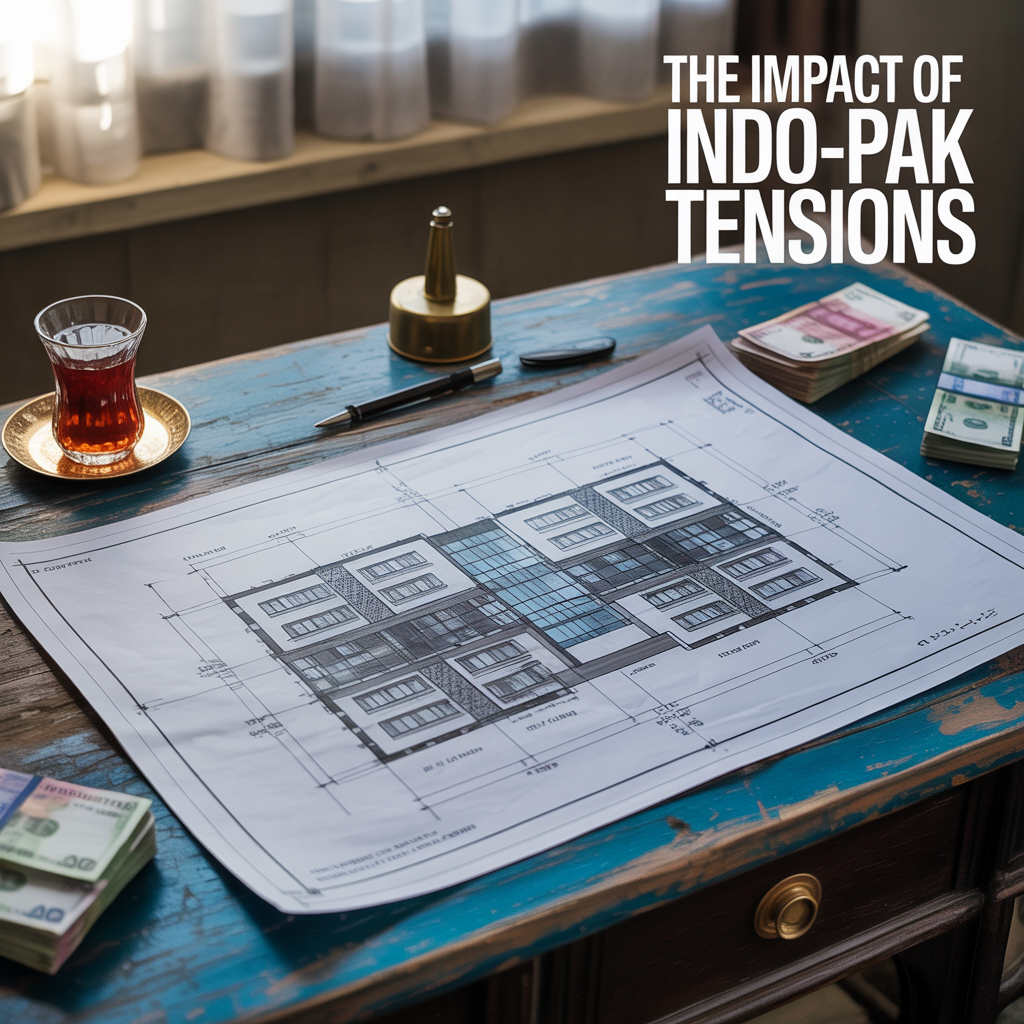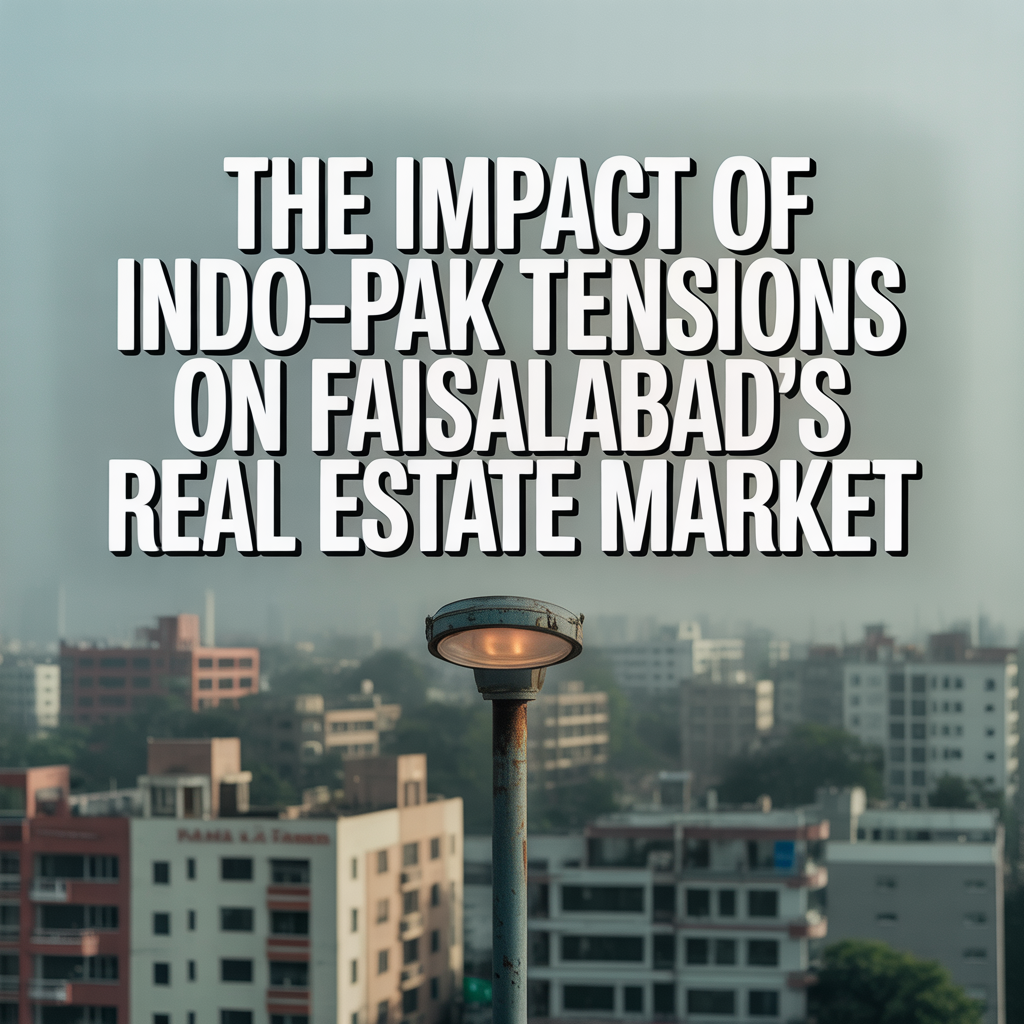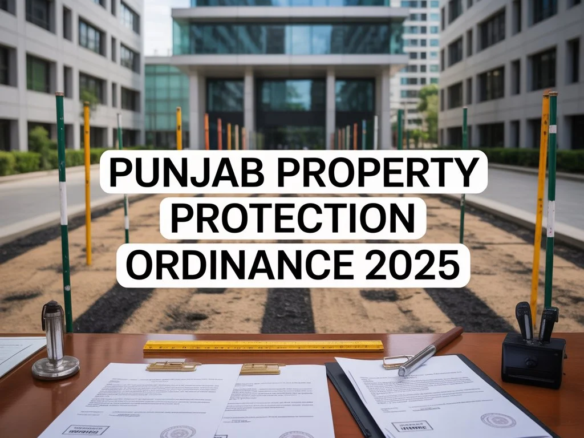Introduction:
Faisalabad, often referred to as the “Manchester of Pakistan,” is renowned for its robust textile industry and vibrant real estate market. As the third-largest city in Pakistan, its economic vitality is closely tied to both domestic stability and regional geopolitical dynamics. The recurring tensions between India and Pakistan have historically influenced various sectors of the economy, including real estate. This article delves into how such conflicts have impacted Faisalabad’s real estate landscape, examining both immediate effects and long-term implications.
Historical Context of Indo-Pak Conflicts:
Since the partition in 1947, India and Pakistan have engaged in multiple conflicts, notably in 1948, 1965, 1971, and the Kargil conflict in 1999. Each of these confrontations has had ripple effects across Pakistan’s economy. While Faisalabad is geographically distant from the borders, the psychological and economic impacts of these wars have been felt citywide, influencing investor confidence and market dynamics.
Immediate Economic Repercussions
During periods of heightened tensions or active conflict, several immediate economic consequences emerge:
- Inflationary Pressures: Defense spending surges during conflicts, potentially leading to inflation. Higher inflation reduces the purchasing power of consumers, making real estate investments less accessible.
- Investor Hesitancy: Uncertainty leads to a decline in both domestic and foreign investments. Potential investors adopt a wait-and-see approach, leading to reduced capital inflow into the real estate sector.
- Currency Volatility: Wars often lead to currency depreciation. A weaker Pakistani Rupee increases the cost of imported construction materials, thereby inflating project costs.

Impact on Real Estate Development:
The real estate sector, being capital-intensive, is particularly sensitive to economic fluctuations:
- Construction Delays: Supply chain disruptions, especially for imported materials, can halt ongoing projects. Labor shortages may also occur if workers are conscripted or choose to relocate.
- Financing Challenges: Banks may tighten lending criteria during uncertain times, making it harder for developers to secure necessary funding.
- Project Postponements: Developers may delay launching new projects due to anticipated low demand, leading to a slowdown in sectoral growth.
Market Demand and Property Values:
While immediate effects are palpable, long-term consequences also merit attention:
- Shift in Investment Preferences: Investors might diversify portfolios, favoring sectors perceived as safer during conflicts, such as gold or foreign assets, over real estate.
- Urban Migration Patterns: Prolonged instability can alter migration trends, with individuals relocating from border areas to cities like Faisalabad, impacting housing demand.
- Policy Reforms: Post-conflict periods often see governmental interventions aimed at economic recovery, which can include incentives for the real estate sector.
Resilience and Recovery
Despite challenges, Faisalabad’s real estate market has demonstrated resilience:
- Post-Conflict Booms: Historical data indicates that after periods of tension, there is often a surge in real estate activity as confidence returns.
- Government Initiatives: Infrastructure projects and housing schemes launched by the government can rejuvenate the sector.
- Diaspora Investments: Overseas Pakistanis often invest in real estate during post-conflict stability, injecting much-needed capital into the market.

Conclusion:
The interplay between geopolitical tensions and economic sectors like real estate is complex. While Indo-Pak conflicts undeniably introduce challenges for Faisalabad’s real estate market, the city’s inherent economic strengths and adaptive strategies have enabled it to navigate these turbulent periods. Stakeholders, including investors, developers, and policymakers, must remain vigilant and proactive, ensuring that the sector not only withstands such shocks but also thrives in their aftermath.
Want to know more? Check out Smart Homes in Faisalabad – The Future of Real Estate Living (2025 Edition)
Like, share and comment: Facebook, Instagram, Youtube and TikTok





Join The Discussion